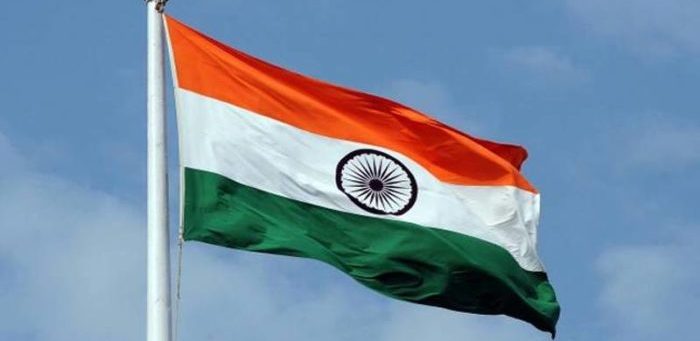Following the Mumbai terror attacks in 2011, the Directorate General of Shipping (DGS) in India banned the use of “Thuraya, Iridium and other such satellite phones” in Indian waters. However, crew members continue to be penalized by Indian authorities for violating the ban, according to data provided by Gard P&I Club.
DGS circular 02/2012 bans the use of “Thuraya, Iridium and other such Satellite” phones, which appears to extend the ban to Inmarsat phones, although some port circulars appear to limit the ban only to non-Inmarsat phones.
- In any case, Indian authorities are likely to rely on the DGS order and Indian legislative requirements in the event of an investigation and caution is advised when proceeding to such ports.
- Additionally, according to correspondent James Mackintosh, there have been instances where authorities have not raised any issues in respect of fixed Fleet Broadband (FBB) phones, however whether this practice will continue, is uncertain.
- Dual phones are available, which can operate both in satellite and GSM mode. The use of such phones may be a violation of the requirements and custom authorities have seized phones with dual features.
- The ban also extends to the use of sat-sleeves. These are adapters which can transform a regular phone into a satellite phone.
- There are unfortunately no clear guidelines on satellite phones located in the citadel.
It is therefore advised that permission is obtained in advance for such phones from the Department of Telecommunications. It is possible that if a satellite phone is used in the event of a piracy attack, the authorities may not take any action.
How to get a satellite phone authorized for use in Indian waters
Currently, a No Objection Certificate (NOC) can be obtained from the Indian Department of Telecommunications for INMARSAT-B, INMARSAT-C, INMARSAT-M, INMARSAT-Mini M, INMARSAT- Multimedia Mini M (M4). Members wishing to obtain an NOC for the satellite phones on their vessels, can apply to the CS Cell of Department of Telecommunications.
Usually, the permission is granted for a period of three years from the date of the issue of the license. For Inmarsat Mini M and M4, clearance is likely to be needed from the Ministry of Home Affairs (MHA) before an NOC can be obtained from the Department of Telecommunications (DOT).
When applying for a NOC, the following information would generally be required:
- Name of the party
- Full address of the party
- Place of use of INMARSAT terminals
- Period of use of INMARSAT terminals
- Purpose for which INMARSAT terminals will be used
- Type of Terminal for which an NOC is required
- Number of terminals for which an NOC is required.
- The penalties for violation
Fines
- The unauthorised use of satellite phones in Indian waters is punished with a fine of of USD 500 – USD 1,000 or imprisonment up to three years. There have been some cases where the custom authorities have seized the satellite phone and valued the same at about USD 2,500.
- The Custom authorities sought to confiscate the seized satellite phone as “goods” impose a fine of USD 2,500, i.e. equal to the value of the phone, and an additional penalty of around USD 1,500 on the Master and/or owners of the vessel.
- There have also been cases where the offending seafarers have been issued with a show cause notice, although no seafarer appears to have been imprisoned so far.
Recommendations
With respect to the above, Gard Club recommended operators to provide guidance to their Masters to declare the satellite phones before entering Indian waters. In addition, crew members should be made aware not only of the relevant requirements but also of the severe consequences of a breach.
Upon a vessel’s arrival in an Indian port, custom authorities would usually require satellite phones to be kept in a locker under custom’s seal. However, companies should not wait until such time, and should have procedures in place to prevent crew from using satellite phones as soon as the vessel enters Indian waters. Having the satellite phone not in use but turned on, may be sufficient to alert the authorities, as the phone would still communicate with the satellite in the background. All relevant actions taken onboard in this regard should be logged. Shipowners should contact their local agent for queries or if clarification is needed as they would be best placed to provide up-to-date requirements.

































































